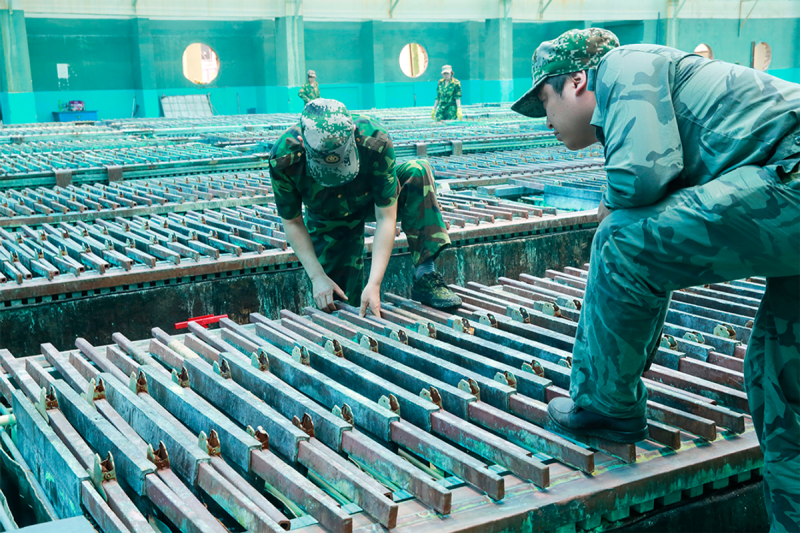As the global demand for rare earth elements continues to rise, concerns about overreliance on China for their production and processing have become more pronounced. These critical minerals are vital components in various modern technologies, from smartphones and electric vehicles to defense systems. To reduce this dependency and ensure a stable supply chain, countries around the world are exploring alternative sources and methods for rare earth production and processing.
One promising solution lies in diversifying the supply chain by tapping into new reserves outside of China. Countries like Australia, the United States, and Canada have significant rare earth deposits that could be developed to lessen the reliance on Chinese production. By investing in domestic mining and processing facilities, these nations can bolster their own supplies and reduce vulnerabilities to disruptions in the global market.
In addition to developing new sources, efforts are also being made to improve the efficiency and sustainability of rare earth processing. Traditional extraction methods can be environmentally damaging and energy-intensive, so researchers are exploring cleaner and more cost-effective alternatives. One such approach is the use of innovative extraction technologies that minimize waste and reduce the environmental footprint of rare earth production.
Collaboration among nations is another key strategy in reducing reliance on China for rare earths. By working together on research and development initiatives, countries can pool resources and expertise to drive innovation in the sector. International partnerships can also help create a more robust and diversified supply chain that is less susceptible to geopolitical tensions and trade disputes.
Moreover, increasing recycling rates for rare earth elements presents a significant opportunity to reduce the need for new production. As technology advances, more efficient recycling processes are being developed to recover these valuable materials from discarded electronics and other products. By integrating recycling into the supply chain, countries can decrease their reliance on primary production and promote a more circular economy for rare earths.
Overall, reducing reliance on China for rare earth production and processing requires a multifaceted approach that includes diversifying sources, improving extraction and processing technologies, fostering international collaboration, and promoting recycling. By implementing these strategies, countries can build a more resilient and sustainable supply chain for critical minerals, safeguarding their access to these essential materials for future generations.




























